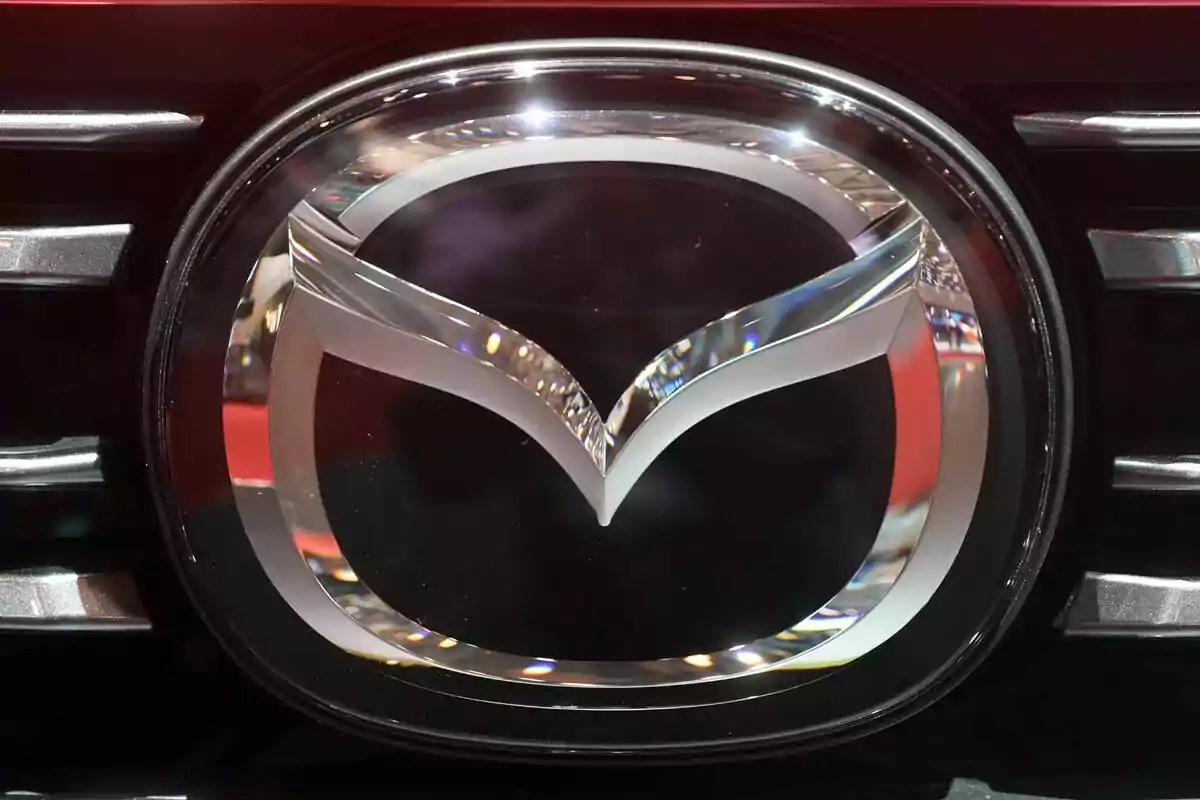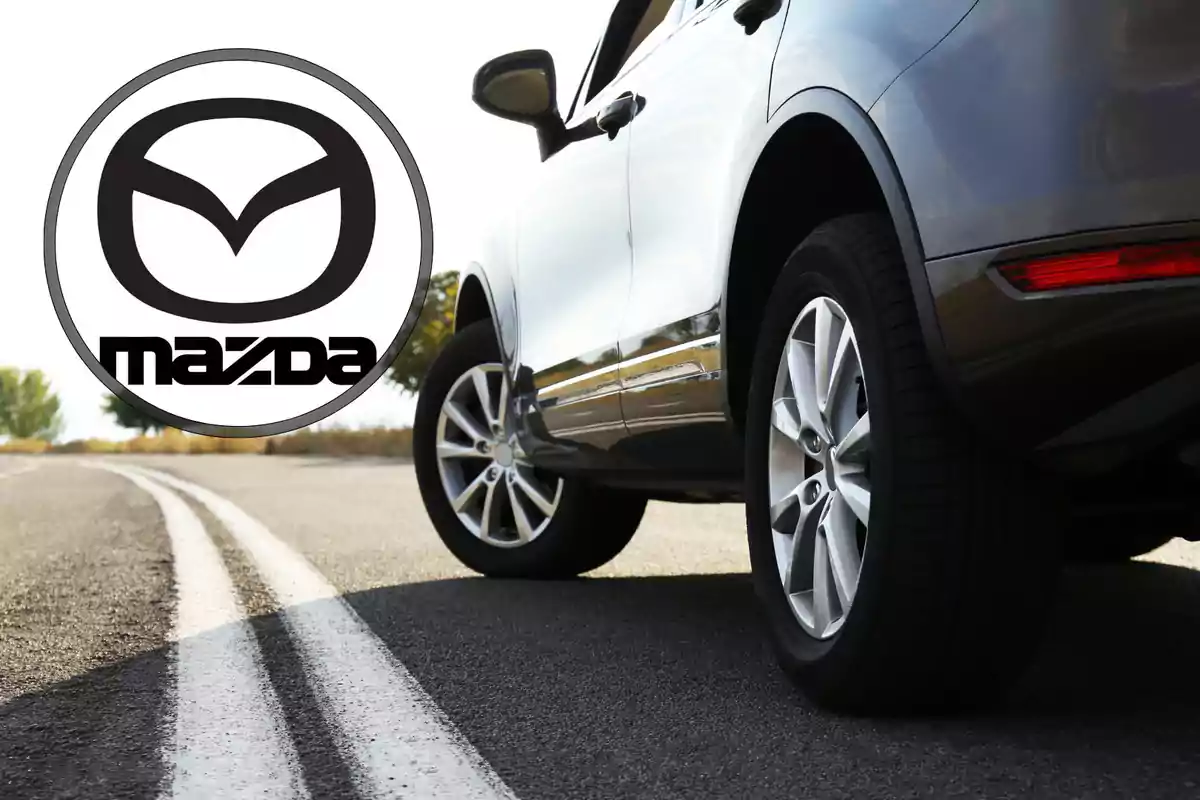The automotive industry is undergoing a transformation. Japan has just announced a new engine that could change the course of mobility. This breakthrough not only impacts its country, but also puts the United States on alert, as they watch with interest and caution.
Japanese innovation in traditional engines
While many companies are betting on electric or hydrogen cars, Mazda has decided to bet on the evolution of the gasoline engine. Its new engine, called Skyactiv-Z, is a four-cylinder that promises to be more efficient and less polluting.
Mazda's bet may seem counterintuitive in a world moving toward electrification; they are betting on improving what already exists. Their idea is clear: Not all countries or consumers are ready to switch to electric vehicles, due to costs or lack of infrastructure. That's why they are seeking an engine that works better, pollutes less, and is affordable.

Different engines for different needs
Today, there are several engine technologies. The most common are still gasoline and diesel, but there are also electric vehicles that run on rechargeable batteries. The latter are cleaner, but they still face challenges such as range and lack of charging stations.
There are also hydrogen engines, which use clean technology and only emit water vapor. However, their development is still limited and costs remain high.
In this context, Mazda sees an opportunity to improve the traditional engine, making it more environmentally friendly and more economical. It's not just about technology, but also about economic and social reality.
Environmental concern and industrial decisions
Climate change puts pressure on all industries, and the automotive industry is no exception. Internal combustion engines are a major source of pollution, which is why many brands invest in alternative engines.

The United States, with giants like Tesla and Ford, leads innovation in electric vehicles. But this new Japanese engine reminds them that the path to sustainable mobility is complex and diverse.
Mazda believes that continuing to invest only in electric vehicles is risky. Not all countries can adopt this technology quickly, and the cost for the consumer remains high. That's why they are seeking a middle ground: clean and efficient gasoline engines.
What does this new engine mean for the future?
The Skyactiv-Z could be an intermediate solution. An engine that allows a more gradual transition to clean technologies, without leaving behind millions of drivers who can't afford an electric car.
For the United States, this Japanese innovation is a call to reflect. Should they keep their exclusive bet on electric vehicles? Or consider improvements in traditional engines?

